-

Hungarians in New Guinea
€61.00 Add to cart -

The Biodiversity in West Guinea – The Science as of 2001, at the Turn of the 21st Century
€82.00 Add to cart -

Kamoro Natural Resources – West New Guinea Lowlands Cultures
€82.00 Add to cart -

Implementing Constitutional Goals – Proposals for Papua New Guinea
€68.00 Add to cart -
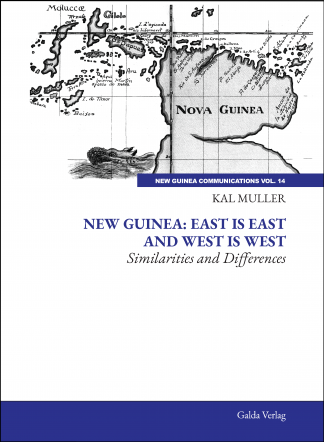
New Guinea: East is East and West is West – Similarities and Differences
€82.00 Add to cart -
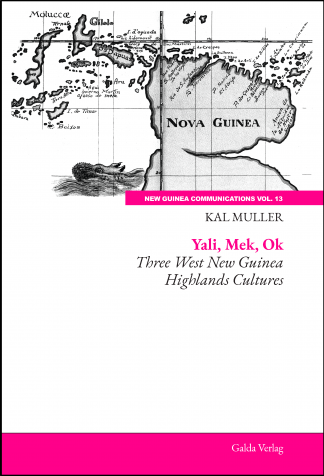
Yali, Mek, Ok – Three West New Guinea Highlands Cultures
€49.00 Add to cart -
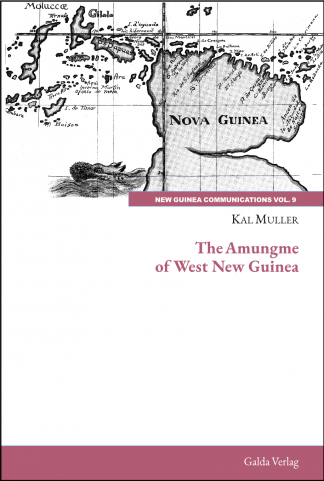
The Amungme of West New Guinea
€49.00 Add to cart -
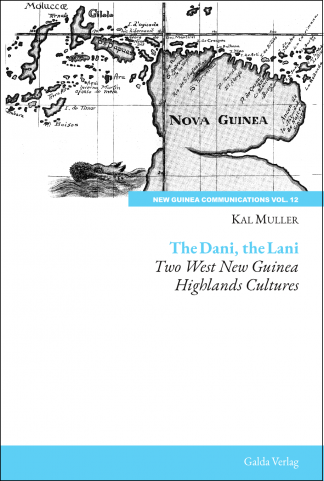
The Dani, the Lani – Two West New Guinea Highlands Cultures
€49.00 Add to cart -
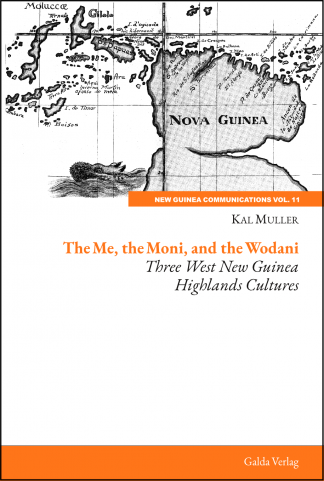
The Me, the Moni, and the Wodani – Three West New Guinea Highland Cultures
€49.00 Add to cart -
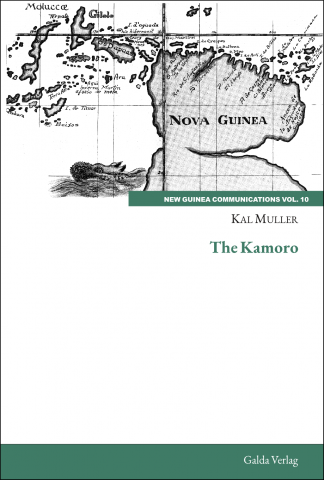
The Kamoro – New Guinea Communications, Volume 10
€49.00 Add to cart -
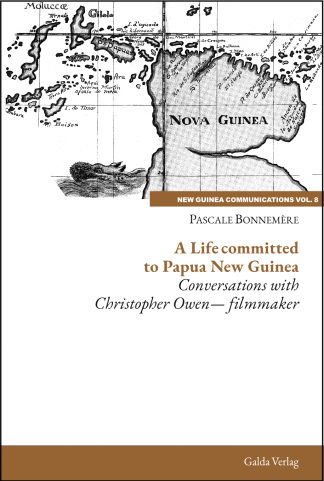
A Life Commited to Papua New Guinea
€77.00 Add to cart -
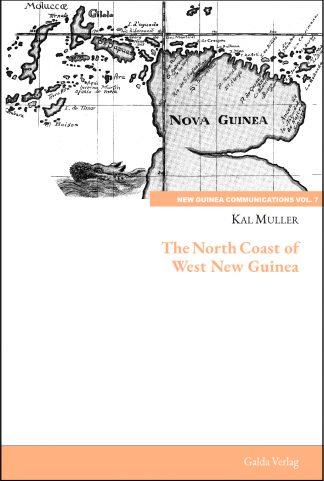
The North Coast of West New Guinea
€45.00 Add to cart -
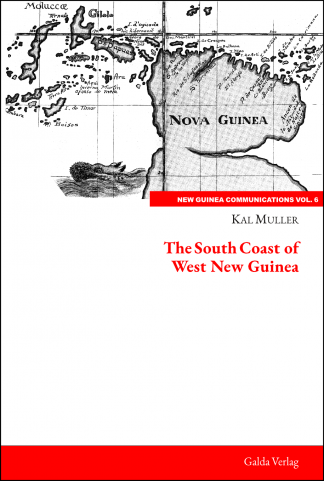
The South Coast of West New Guinea
€45.00 Add to cart -
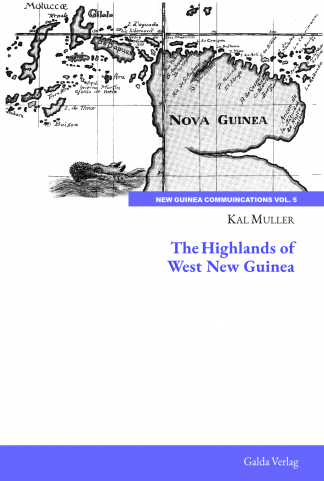
The Highlands of West New Guinea
€45.00 Add to cart -
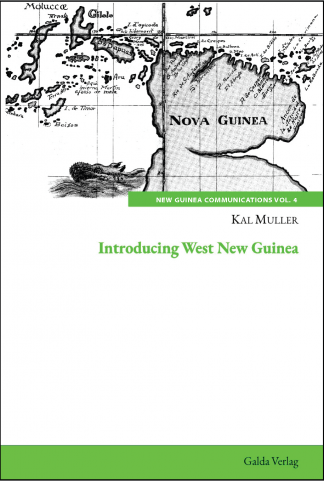
Introducing West New Guinea
€39.00 Add to cart -
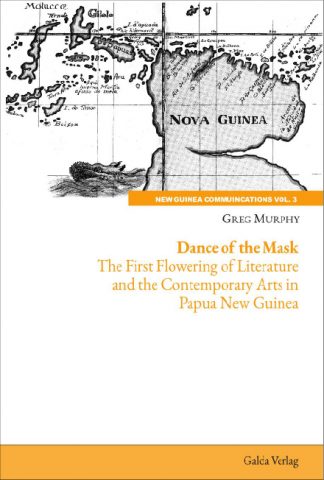
Dance of the Mask
€65.00 Add to cart
